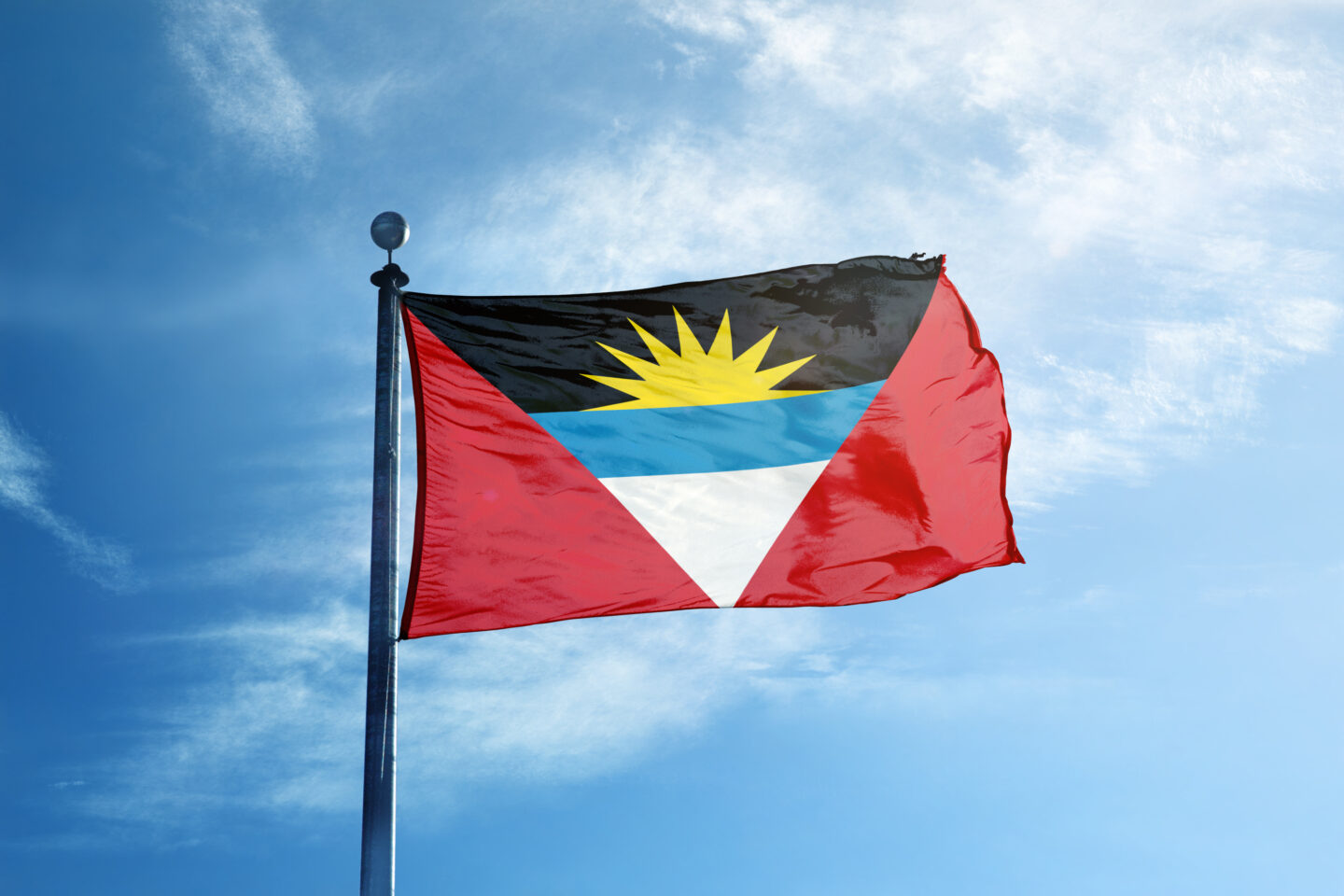
Antigua and Barbuda grant sacramental rights to Rastafarians to grow cannabis
The country of Antigua and Barbuda was one of the first countries in the Caribbean to allow Rastafarians to grow and smoke cannabis, an herb considered a sacrament by followers of the religion.
As the Associated Press reported, for decades many Ratafari have been “imprisoned for their marijuana use and have been racially and religiously profiled by law enforcement,” which they say brings them “closer to the divine.”
Officials in Antigua and Barbuda, an island nation of just over 90,000 people, have now tried to remedy the situation.
According to the Associated Press, the lifting of the ban has made the country “one of the first Caribbean states to give Rastafarian permission to grow and smoke their sacred herb.”
“We are freer now,” said Ras Tashi, a member of the Ras Freeman Foundation for the Unification of Rastafari, quoted by the Associated Press, which reported that Tashi recently “led chants and praises in the tabernacle at the foundation’s farm.” is located in the lush agricultural district of Liberta.”
Rastafarians have campaigned for the legalization of cannabis in the country for years. In 2021, the Associated Press reported that supporters were “calling for broader easing to curb persecution and ensure freedom of religion.”
The AP offered more background information at the time:
“The Rastafarian faith has its roots in Jamaica in the 1930s and grew as a black response to colonial white oppression. The faith is an amalgamation of Old Testament teachings and a desire to return to Africa. Rastafarians believe that marijuana use is described in scriptures and that the “sacred herb” induces a meditative state. The faithful smoke it as a sacrament in chalice pipes or cigarettes, so-called “spliffs”, add it to vegetarian stews and put it on the fire as a burnt offering. “Ganja,” as marijuana is known in Jamaica, has a long history in this country, and its arrival predates the Rastafarian beliefs. In the 19th century, indentured servants from India brought the cannabis plant to the island and it became very popular as a medicinal herb.
In the 1970s, Rastafarian and reggae culture gained increasing traction when it was popularized by music icons Bob Marley and Peter Tosh, two of the faith’s most famous exponents. Tosh’s 1976 hit “Legalize It” remains a rallying cry for those campaigning for marijuana legalization. Rastafarians in the US, many of them black, say they have faced both racial and religious profiling from law enforcement because of their ritual cannabis use.”
The law change in Antigua and Barbuda could lead to a domino effect similar to that which has unfolded here in the United States over the past decade, where dozens of states and cities have lifted long-standing cannabis bans within their jurisdictions.
The Associated Press reported last week that “Rastafarians elsewhere are pushing for similar religious protections” and that experts and stakeholders “believe the Antigua and Barbuda law could give a boost to these efforts worldwide, at a time when public Opinion and policy continue to change.” in favor of medical and recreational marijuana use.”
Under the new law in Antigua and Barbuda, the island’s government also “decriminalized the use of marijuana by the general public,” according to the Associated Press, while allowing “people of other faiths.” [to] grow four cannabis plants at a time and own up to 15 grams.”
“We believe we need to give everyone a seat at the table, regardless of their religion,” Antigua and Barbuda Prime Minister Gaston Browne told the AP. “As we have recognized other faiths, it is absolutely critical for us to ensure that the Rastafarian religion is also recognized… to recognize their constitutional right to worship and use cannabis as a sacrament.”

Post a comment: